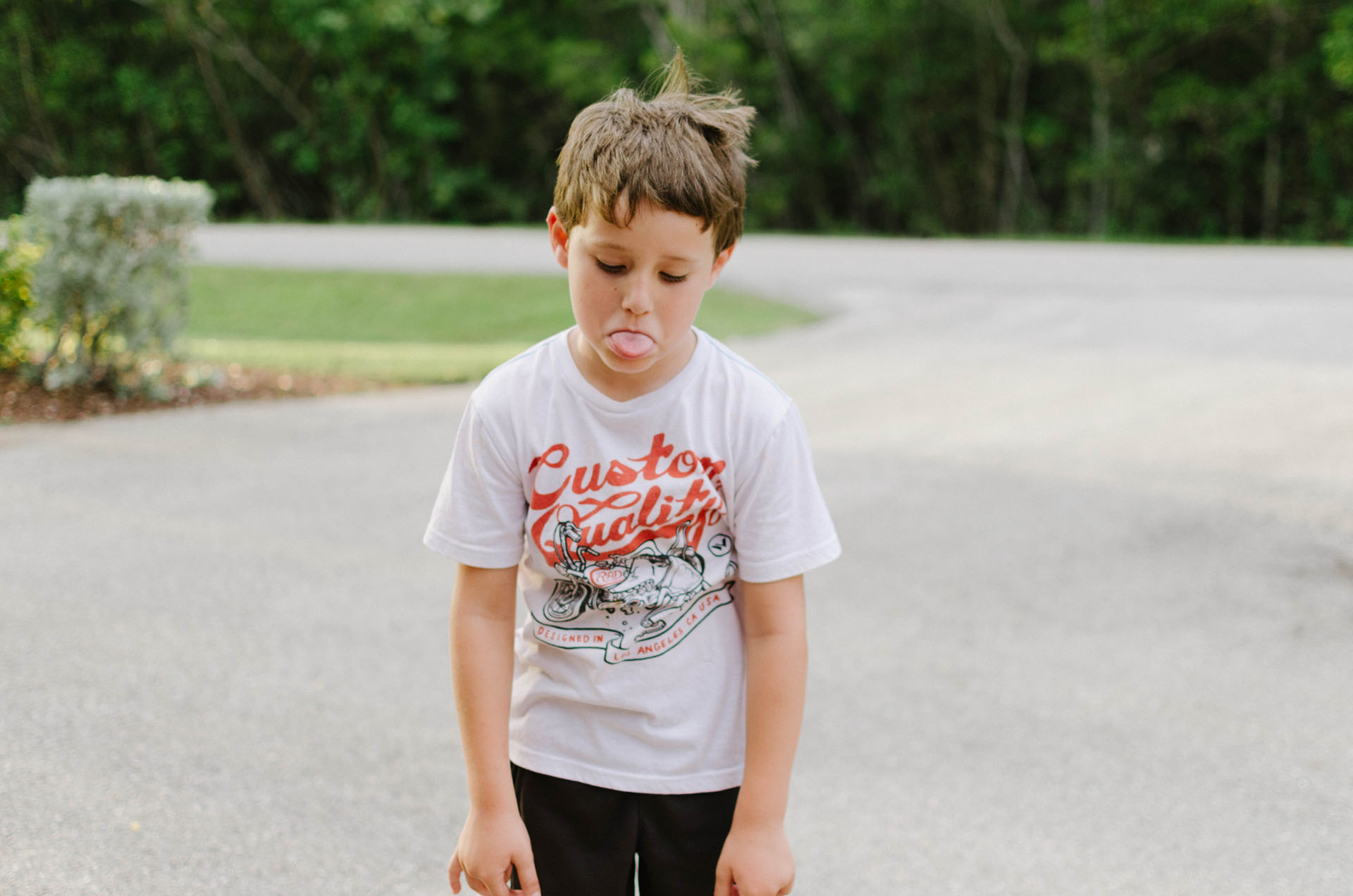School
6 min Read
Does your kid get jealous when you don’t give them all your attention?

August 13, 2018
School
6 min Read

August 13, 2018

A mom recently shared her concerns about the way her seven-year-old daughter behaves when she or her husband divert their attention towards other children. An only child, she is used to being the centre of her parent’s universe and having the undivided attention of one or the other at all times. So, it stands to reason that the behaviours the mom described—pulling at her sleeve to get her attention or asking her parents if they like the other child more than her—are related to feelings of jealousy.
Although most parents worry about not giving their children enough attention, giving too much attention (which is more likely to happen when you have just one child) has its drawbacks too. This is amplified if the child is the first grandchild in the family. This only child, lucky to be showered with so much love and attention, learns to expect this all of the time. So, when she and her parents are in the company of others – particularly other children—the child is more likely to feel hurt or insecure about her parents paying attention to them.
First-borns (especially those who are three, four or more years older than the second-born) may feel greater effects of attention being diverted away from them because they have gotten used to being in the limelight and not sharing their parents with other children.
Over time, even a first-born who is more than a few years older than the second child, will accept their new normal, especially if her parents have helped her adjust—partly by acknowledging her jealousy as being normal.
The same rule—that of acknowledging the child’s feelings (rather than feeling you need to fix the problem), also applies to an only child who is envious of her parents paying attention to other children, even if they’re not siblings. So, if you’re out with your only child and notice that she’s particularly clingy or demanding when you’re giving another child praise or paying attention to a baby in the park, for example, try this:
Divert your attention back to your child as soon as possible, get down to her level, look into her eyes and say something like “I can tell that when I paid attention to that baby you didn’t like it. Maybe you were feeling jealous that I stopped playing with you to talk to him. It’s normal to feel that way because you are used to me giving you my full attention.” I would leave it at that for the moment since its typically difficult for young children to absorb too much at once.
Later that day, go back to talking about that moment in the park. You might say something like: “I want to talk to you a little bit more about what happened. I know you were feeling jealous, but I am sometimes going to give my attention to someone else. Let’s talk about other ways for you to behave when you’re feeling this way.” The idea is to get your child to problem solve and brainstorm solutions.
No suggestion should be minimized. So if she says, “You can ignore the baby in the park,” you could respond with, “Yes, that’s one idea, but it may be hard to ignore everyone around me when I’m with you. Can we come up with other ideas?” Ideally, you want to guide your child towards being able to share you with others, especially children who she feels in direct competition with. You might even want to let her know that if she pulls at you or behaves in a negative way when she wants your attention, that you will ignore her.
As a way of preparing her for sharing your attention when out in public, you may begin by practicing at home. So, if you’re talking to your spouse and she’s demanding your attention, help her to wait her turn and distract herself for a while, interrupt respectfully and then wait for you for a specified period of time. These are all good ways to prepare her for life outside the home.
By doing this, you are also helping her cope with situations in which one adult will be sharing his or her attention with many children, including herself, such as in a classroom setting.
So, although it’s typical for children (especially only children) to want their parent’s full attention all the time, you can help them deal with their emotions by identifying, acknowledging and naming them and then come up with solutions that meet both of your needs.
Preschoolers may be less likely to identify their emotions, even after you help to label the emotions. This doesn’t mean that there is no point in helping kids identify what they are feeling. In fact, you are helping them build their emotional vocabulary.
School aged children may be better able to transfer their understanding of how certain bodily sensations relate to certain feelings. So, if you help your school aged children understand that they are feeling jealous when their body experiences certain internal changes, they may be better able to identify the feeling of jealousy the next time they have the same bodily sensations.
Teens also benefit from having their feelings identified and acknowledged. However, if they are not ready to hear what you are saying, they may react in a defensive manner. This is why identifying emotions is best done in a way that allows the child to negate what you are offering. So, it’s best to say “it looks like you may be feeling jealous” rather than “you’re feeling jealous.” Teens are also less likely to experience jealousy when you divert your attention away from them – in fact, they may welcome it.
Sara Dimmerman is a psychologist, author and parenting expert in the Greater Toronto Area. Read more at helpmesara.com
Originally published in ParentsCanada magazine, Winter 2017.